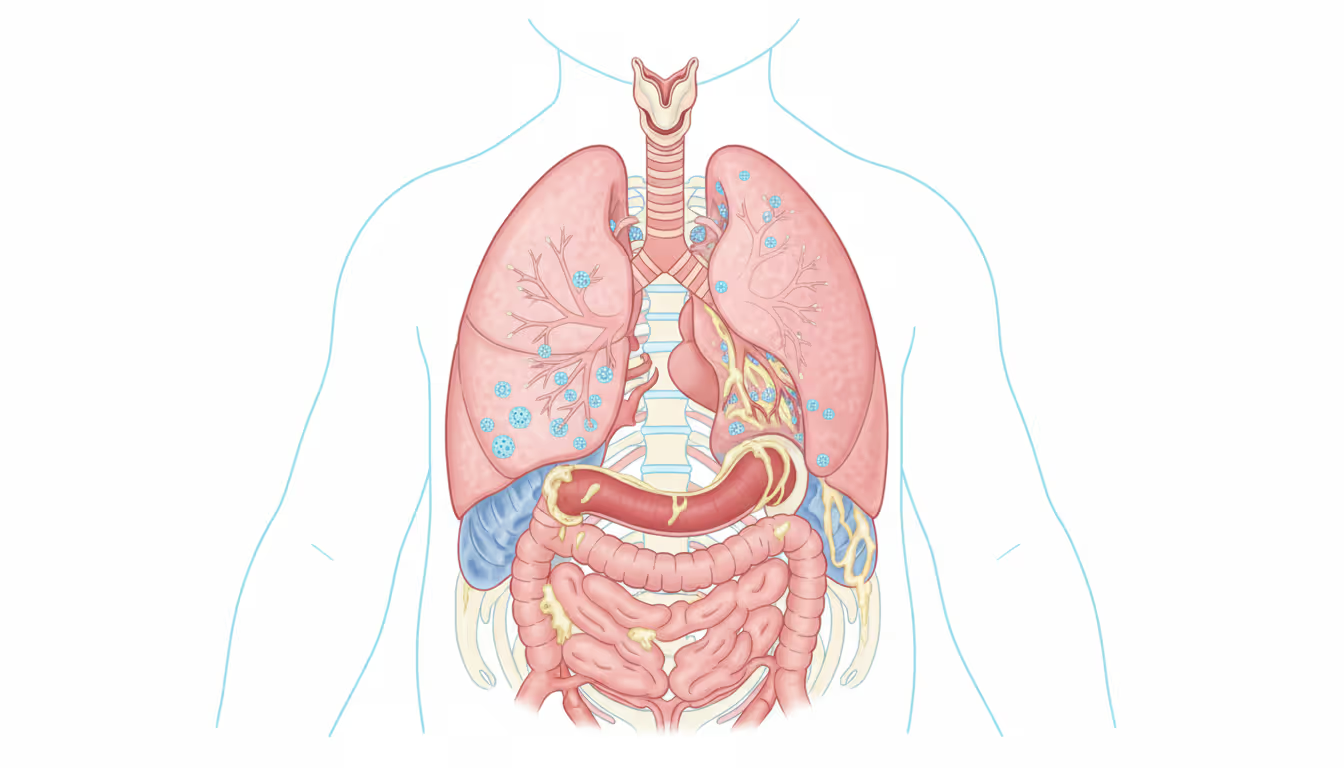
Respiratory Syncytial Virus (RSV):This virus leads to mild respiratory issues such as colds and coughs in adults but can cause serious respiratory complications in young children and individuals with weakened immune systems or heart and lung conditions. RSV is easily transmitted through respiratory droplets and is highly contagious. Outbreaks typically happen annually, lasting from four to six months in the late fall, winter, or early spring. Symptoms often include fever, significant nasal discharge, and a persistent cough lasting one to two weeks. Developing immunity to RSV requires maintaining a consistent and robust antibody presence against the virus. Premature infants are particularly vulnerable due to their underdeveloped immune systems and lack of antibodies. Currently, there is no vaccine available for RSV.




